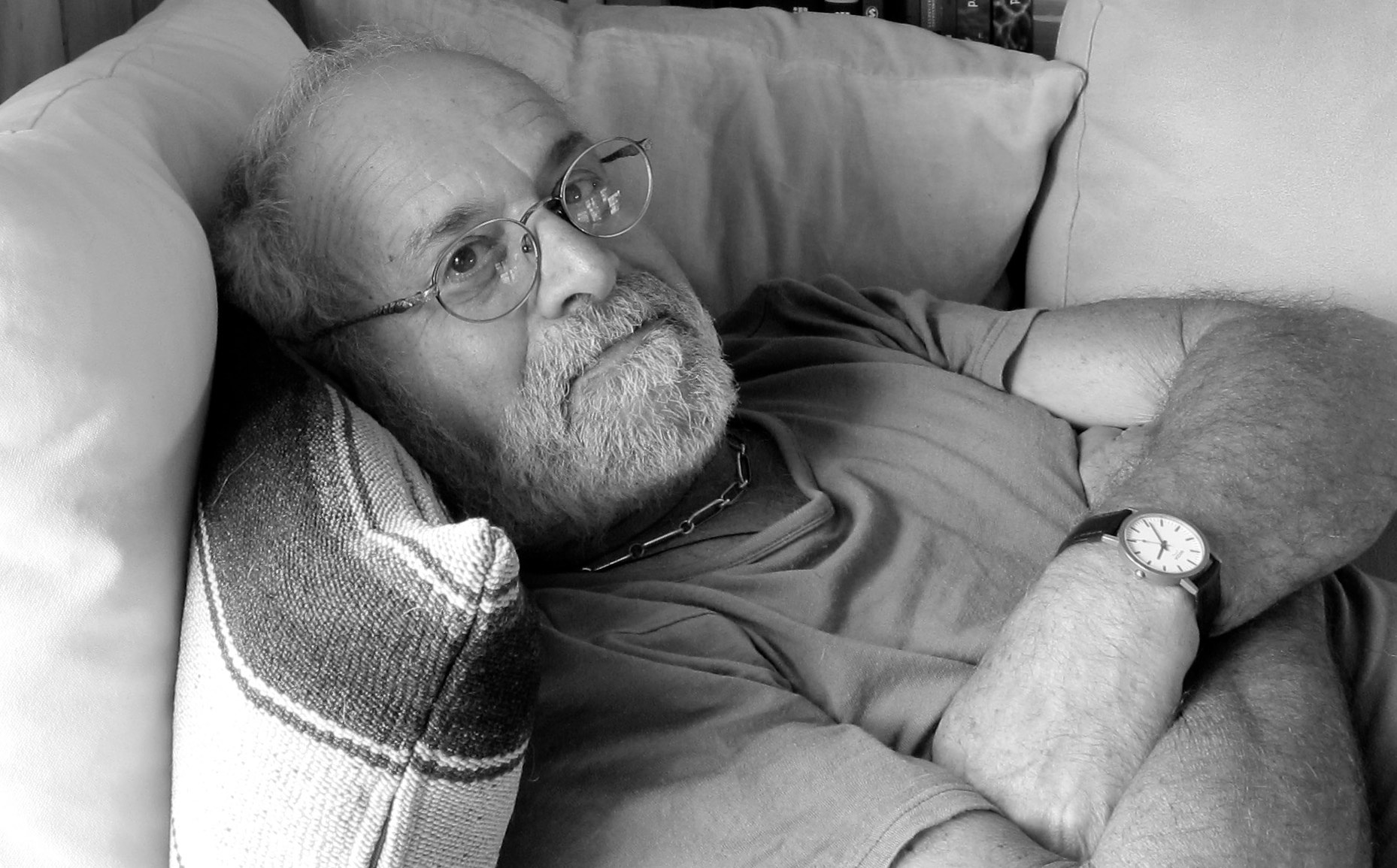Champion of Collaborative Therapy: Introducing David Epston
David Epston, a luminary in the world of therapy, is celebrated for his innovative and collaborative approach to helping individuals navigate their challenges. Along with Michael White, David co-created Narrative Therapy. Born in Canada and migrating to New Zealand, Epston’s legacy extends far beyond his geographical origins, leaving an indelible mark on the therapeutic landscape through his unique and transformative therapy practice.

The Art of Collaborative Therapy
At the heart of Epston’s influence lies his development of collaborative therapy, a paradigm-shifting approach that reimagined the therapeutic process. Collaborative therapy, as envisioned by Epston, revolves around a deep respect for the client’s expertise in their own life, engaging in conversations that empower them to construct new narratives and possibilities.
Fostering Empowerment Through Dialogue
Epston’s departure from traditional therapeutic models is exemplified by his emphasis on the power of dialogue and collaboration. He believed that meaningful change emerged through conversations that valued the client’s experiences, perspectives, and insights. By engaging in authentic, respectful dialogues, individuals could reclaim agency and shape their own therapeutic journey.
Externalising Challenges and Problems
A pivotal technique employed by Epston in collaborative therapy is the practice of externalising problems. This involves separating the individual from their issues, allowing them to view challenges from a fresh perspective. This technique creates a tangible distance between the person and the problem, enabling them to explore alternative ways of relating to and addressing the issue.
Respecting Multivoicedness
Central to Epston’s philosophy is the concept of multivoicedness – the recognition that every individual’s experience is influenced by a multitude of voices, perspectives, and influences. Collaborative therapy embraces this diversity, creating a space for clients to explore the various facets of their identity and the narratives that shape their lives.
Therapist as Co-Author
Epston’s therapeutic approach positions the therapist as a co-author of the client’s story, rather than an expert with all the answers. He believed that the client’s expertise and personal experiences were integral to shaping the therapy process. The therapist’s role is to collaboratively explore possibilities, co-construct new narratives, and support the client in rewriting their story.
Cultivating Preferred Stories
A cornerstone of Epston’s practice is the cultivation of preferred stories. Collaborative therapy invites clients to identify and amplify moments when they have resisted problems, demonstrated strengths, or pursued values aligned with their authentic selves. These preferred stories become the building blocks for constructing a narrative that empowers and inspires change.
Impact on Modern Therapy
David Epston’s influence continues to reverberate in contemporary therapy. His emphasis on collaborative conversations, externalising problems, and fostering empowerment has transformed how therapists engage with clients. His legacy extends beyond the realm of therapy, inspiring a broader cultural shift towards embracing diverse voices and co-constructing meaningful narratives.
A Legacy of Empowerment
David Epston’s legacy stands as a testament to the transformative potential of collaborative dialogue. His exploration of collaborative therapy invites us to rethink the traditional therapist-client dynamic, championing a more egalitarian and respectful approach that celebrates the client’s wisdom and unique experiences.
As we delve into the realm of therapy, David Epston’s contributions serve as a reminder of the power of authentic conversation, respectful collaboration, and the enduring impact of empowering narratives.
Keep up with Gerald Lee Jordan
Submit your details below and we will add you to our contact list to share what is happening with us. We will never share your details with third parties.
